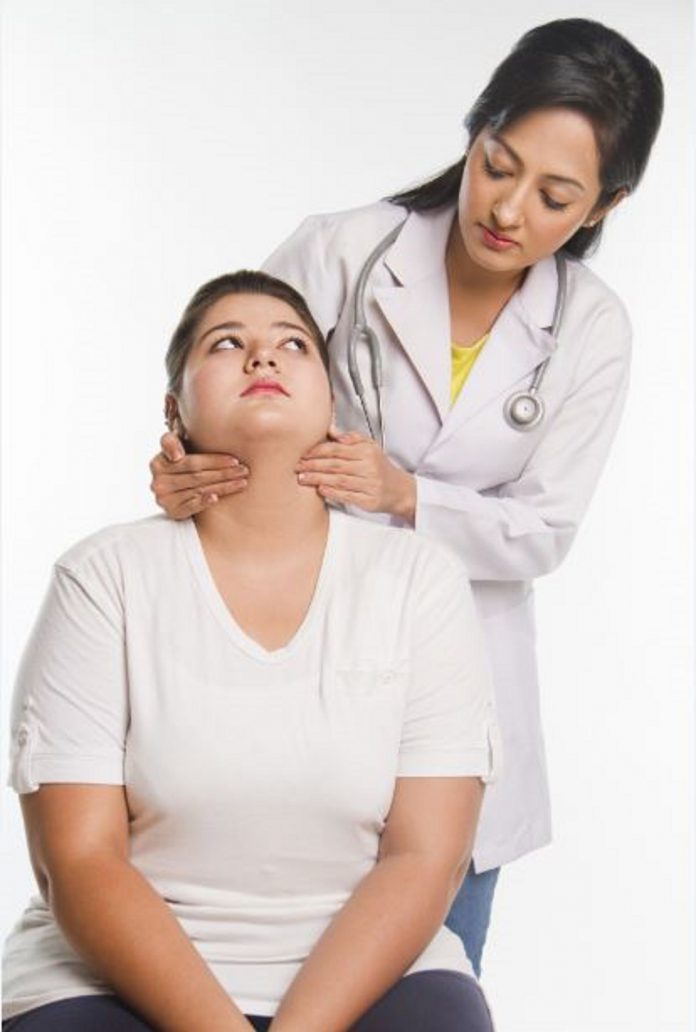

What is Postpartum Thyroiditis?
Postpartum thyroiditis occurs in women after pregnancy, where the thyroid gland is inflamed. This happens within the first year and usually in cases where the women had no prior history of thyroid issues. It is an autoimmune disease that is a transient form of Hashimoto’s thyroiditis but may often lead to permanent thyroid disease. Let’s discuss the co-relationship of thyroid and pregnancy.
How are Pregnancy and Thyroid Related?
The correlation between thyroid and pregnancy is immense, as during pregnancy the level of Thyroid Peroxidase (TPO) antibodies naturally decreases due to the immunosuppressed state of pregnancy. However, if the TPO antibodies level remains high during the third trimester of pregnancy, then the women have an 80% chance of developing Postpartum Thyroiditis. As there is infiltration of lymphocytes within the thyroid gland, this leads to increased levels of TPO antibodies, which causes Postpartum Thyroiditis.
What Causes Postpartum Thyroiditis?
Postpartum thyroiditis is caused by the attack of anti–thyroid antibodies on the thyroid. This causes the thyroid to become inflamed. It is not completely known why antibodies attack the thyroid gland. However, it is believed that women developing the condition may have had an underlying autoimmune thyroid condition, without symptoms.
Who Gets Postpartum Thyroiditis?
Women having type I diabetes are 3 times more prone to postpartum thyroiditis than normal women. Family history of thyroid dysfunction is also one of the factors which indicate the risk of developing postpartum thyroid. Even the presence of thyroid-specific antibodies can make women more susceptible to thyroid dysfunction including postpartum thyroiditis.
What are the Symptoms of Postpartum Thyroiditis?
In hyperthyroidism, it is unlikely to notice obvious symptoms of postpartum thyroid at the initial phase, between 1 to 6 months after giving birth. However, few symptoms which may be seen include:
- Weight loss
- Excessive hair loss
- Anxiety
- Rapid heart rate
- Feeling warm
- Muscle weakness
- Nervousness
- Loss of focus
Whereas in hypothyroidism, most women will notice symptoms in 4 to 8 months after giving birth. These symptoms can last even for a year and resolve eventually without treatment or rarely continue to stay for the rest of their lives. These symptoms may include:
- Weight gain
- Fatigue
- Muscle cramps
- Depression
- Constipation
- Memory loss
- Dry skin
- Can’t handle cold weather
As these symptoms may not appear until a few months after childbirth, they are often mistaken for normal signs of recovery from childbirth. It is important to visit your doctor for a better diagnosis.
How is Postpartum Thyroiditis Treated?
Treatment for postpartum thyroiditis varies depending on the severity of the condition-
- Women with mild symptoms must be kept under observation, but usually not prescribed any medication unless their symptoms worsen
- Women with more severe symptoms are given treatment that varies during each phase of the condition
- In case of hyperthyroidism, beta-blockers are given to reduce their symptoms
- The hypothyroid phase is usually treated with thyroid hormone replacement therapy
Not a Permanent Condition for all: For most women, it is a temporary condition. It is important to monitor thyroid levels during treatment. Thyrocare offers thyroid test packages that will help in monitoring the thyroid levels, thereby aiding in tapering off the medication, as soon as the thyroid returns to normal functioning levels.








